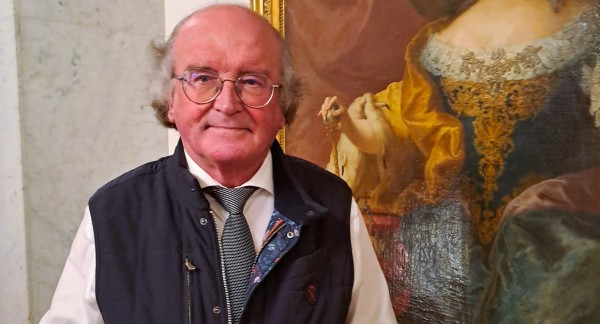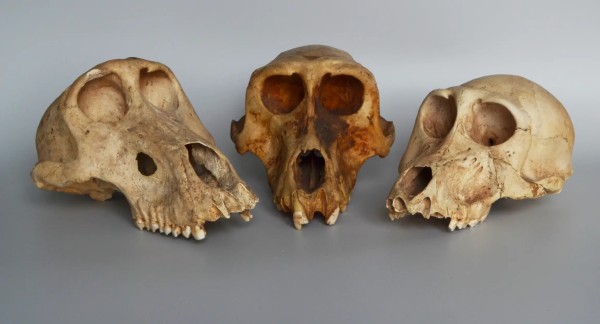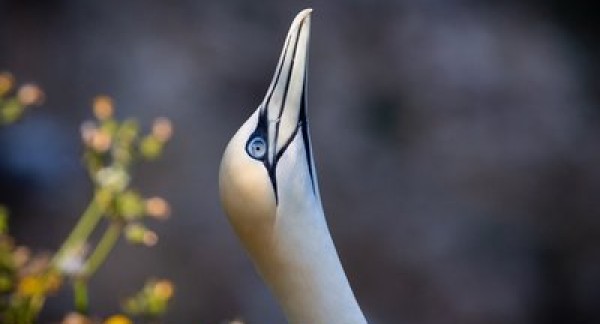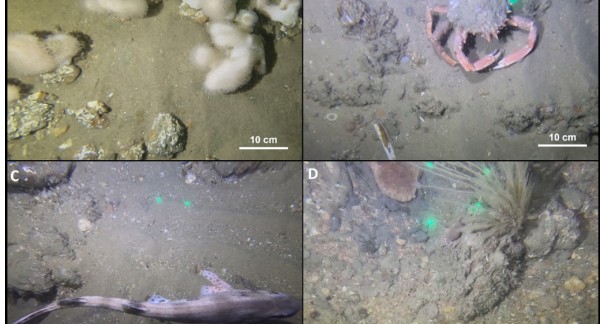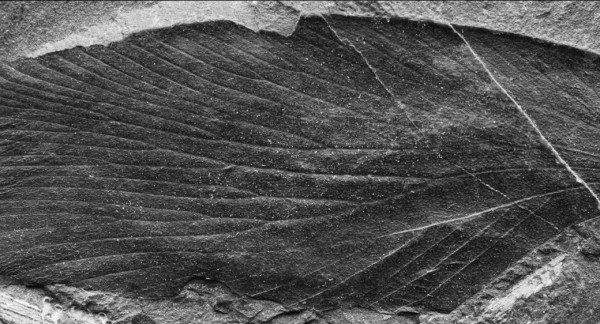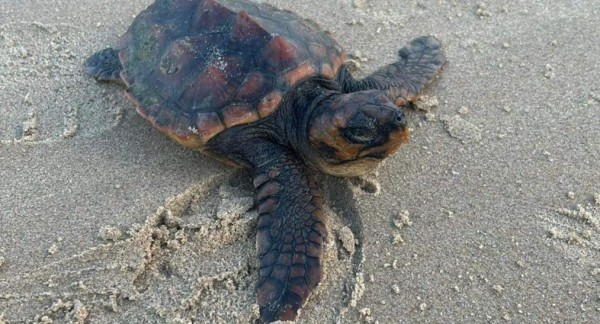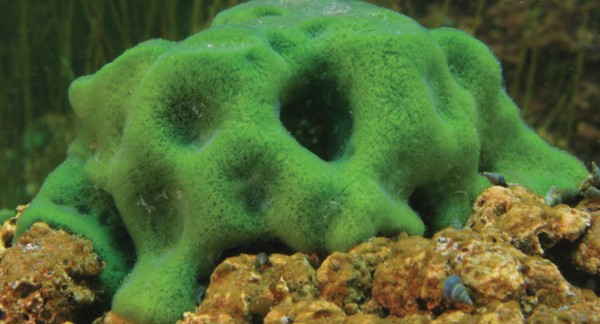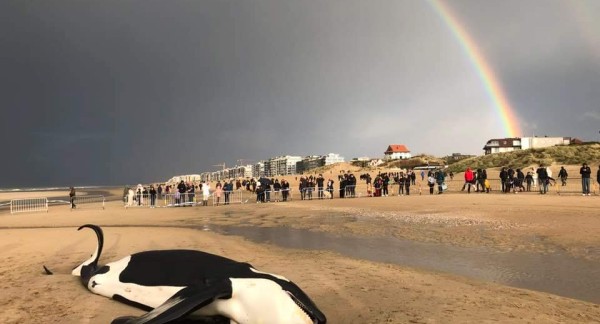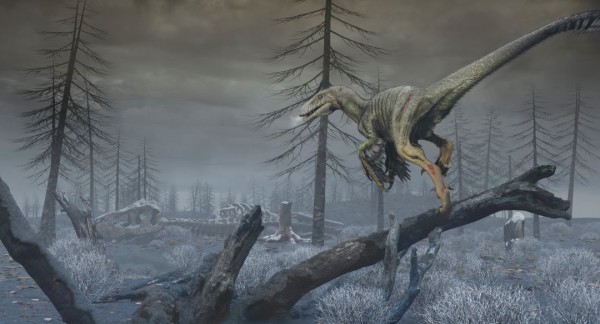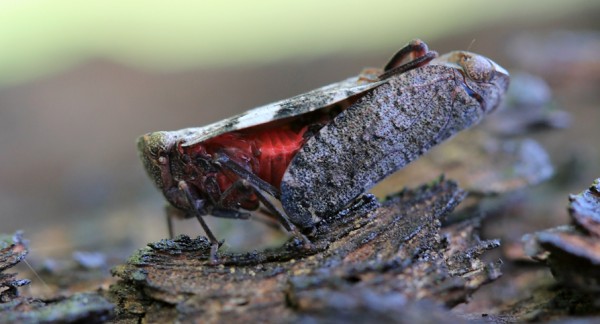News
Etienne Steurbaut receives the highest distinction in geology in Belgium
21/12/2023
Etienne Steurbaut, former head of the paleontology department at our Institute, has received the highest distinction for geology that a scientist can receive in our country.
Baboons among the ancient Egyptians: revered but suffering
07/12/2023
Ancient Egyptians raised baboons in captivity before mummifying them, according to research by archaeozoologist Wim Van Neer from the Institute of Natural Sciences and colleagues.
Quality Status of the North-East Atlantic
05/12/2023
The Quality Status Report 2023 assesses the status of the Northeast Atlantic Ocean. Climate change and acidification have become drivers of change. Biodiversity and habitats remain at risk, but the chemical quality of the marine environment is improving again.
Conservation priority of stony reef habitats in the Belgian North Sea
04/12/2023
Gravel beds in the Belgian North Sea are home to a unique fauna that is vulnerable to bottom-disturbing activities, but are also heavily fished. This paradox underlines the need for more effective protection.
Rediscovered in our collections: one of the oldest fossil insect assemblages from China
29/11/2023
Paleontologists have rediscovered a rich collection of insects and other fossil arthropods from a Chinese coal mine. It includes numerous cockroach wings essentially of Moscovian age (about 310 million years ols). These fossils were thought to have been lost for decades.
Living Loggerhead turtle on Bredene beach
26/11/2023
November 25, 2023, a live Loggerhead turtle washed up on the beach of Bredene. This species has never before been identified with certainty in Belgium. The animal is closely monitored in SEA LIFE Blankenberge.
More than 30 new sponge species discovered in Peru
20/11/2023
A zoologist from the Institute of Natural Sciences, together with a Brazilian colleague, has documented the sponge diversity of Peru: 86 species, of which 31 were recently described by them, in all shapes and colors.
Orca stranding on the Belgian coast
03/11/2023
On October 29, a male orca was spotted off the coast of Coxyde. A few hours later, the severely weakened animal washed up in De Panne, where it died almost immediately.
Dust played a major role in dinosaur demise
30/10/2023
Fine dust from pulverized rock generated by the Chicxulub impact likely played a dominant role in global climate cooling and the disruption of photosynthesis following the event.
Kamasutra: a new genus of insects from Australia with a particularly acrobatic mating behavior
26/10/2023
One of our entomologists has described a new genus of insects from Australia with a particularly acrobatic mating behavior.
